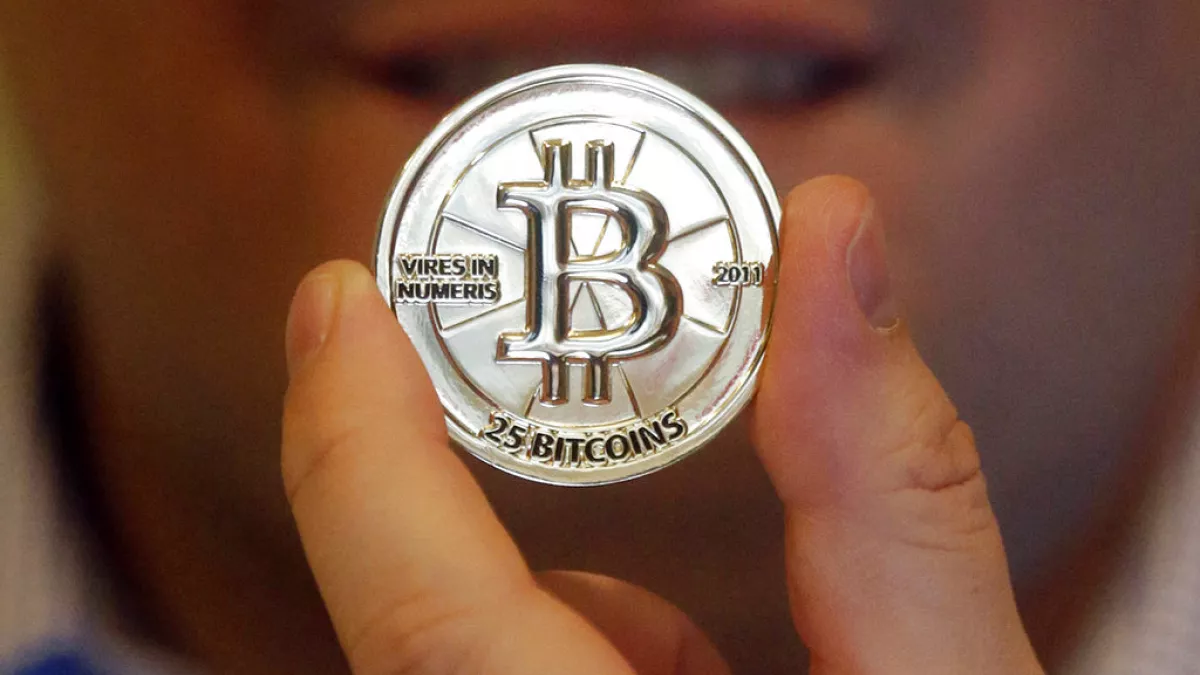HUMAN Protocol is an infrastructure to reshape how humans work, by supporting distributed job markets in which any job, of any size or type, can be securely tokenized, published, and completed. The HUMAN team is now developing a new blockchain coordination layer to empower communities for positive contributions.
Providing an Incentives Framework Featuring Staking and Additional Reward Mechanisms
Human Protocol has developed a new layer – the Routing Protocol (RP), that features things like Voting, Proof-of-Balance, Liquidity, and Slashing. The new RP sits as a layer on top of the HUMAN Protocol to streamline coordination for the HUMAN community. To understand better, if the core Protocol is the layer that executes the interactions of contributors, the Routing Protocol is the layer that coordinates these interactions. This enhances optimal execution, decentralization, and agent reputation on the network.
But WHAT exactly will the new Routing Protocol do? First, it will provide a framework to incentivise third parties to contribute to the network by providing a blueprint to coordinate third-party agents that contribute to the Protocol. Through the Routing Protocol, businesses and tool vendors can commit HMT to access the network. The Routing Protocol operates on a Proof of Balance model. Someone who wishes to participate in the network must put up a sum of HMT, much like a security deposit, to encourage good behavior. This staked amount can be slashed if the user behaves poorly (see slashing below). The protection mechanism also plays a vital role in determining operator priority in receiving work.
The Routing Protocol provides several benefits with various types of staking; there is governance staking whereby any user or network operator can stake HMT in return for vHMT, a token used for governance voting. This incentivizes active participation in the network by the community.
Lockups from staking protect against flash loan governance attacks. Altogether, staked tokens could grant lower operator fees or lower the collateral conversion costs. In addition, a discount mechanism to reduce fees if paid in HMT instead of other collateral could be introduced in the future.
Voting and Market Making
Along with Proof-of-Balance, staking and liquidity, the new Routing Protocol also features voting, market making and slashing. The concept of voting focuses on alternative conviction voting, whereby voting power increases with each vote, increasing the voter’s reputation each time a voter refers to valuable projects, solves tasks, or contributes to the overall development of the HUMAN project. In addition, this voting model will utilize HUMAN Protocol Reputation Oracles to adjust voting power and potentially incentivise and motivate users to contribute towards Human Protocol.
DeFi applications, such as Hummingbot, could use the Routing Protocol to offer mechanisms to incentivize network contributions further. These features are just the beginning of what can be achieved after the RP is implemented on HUMAN. Another thing being introduced to discourage bad behavior within the network, and made possible by the new RP, is slashing and soft freezing. For example, Human Protocol can slash staked funds if a bad actor attempts to tamper with voting or refuses to pay workers in a work pool.
In the case of operator inactivity, payouts from the pool will be frozen for a specific time, acting as a trial warning.
For the latest updates on HUMAN Protocol visit the website, follow developments on Twitter and join the community on Discord. Alternatively, contact the HUMAN team to enquire about integrations and usage or to learn more.
This is a sponsored post. Learn how to reach our audience here. Read disclaimer below.

Bitcoin.com is the premier source for everything crypto-related.
Contact [email protected] to talk about press releases, sponsored posts, podcasts and other options.
Image Credits: Shutterstock, Pixabay, Wiki Commons
Disclaimer: This article is for informational purposes only. It is not a direct offer or solicitation of an offer to buy or sell, or a recommendation or endorsement of any products, services, or companies. Bitcoin.com does not provide investment, tax, legal, or accounting advice. Neither the company nor the author is responsible, directly or indirectly, for any damage or loss caused or alleged to be caused by or in connection with the use of or reliance on any content, goods or services mentioned in this article.
Source : Bitcoin



